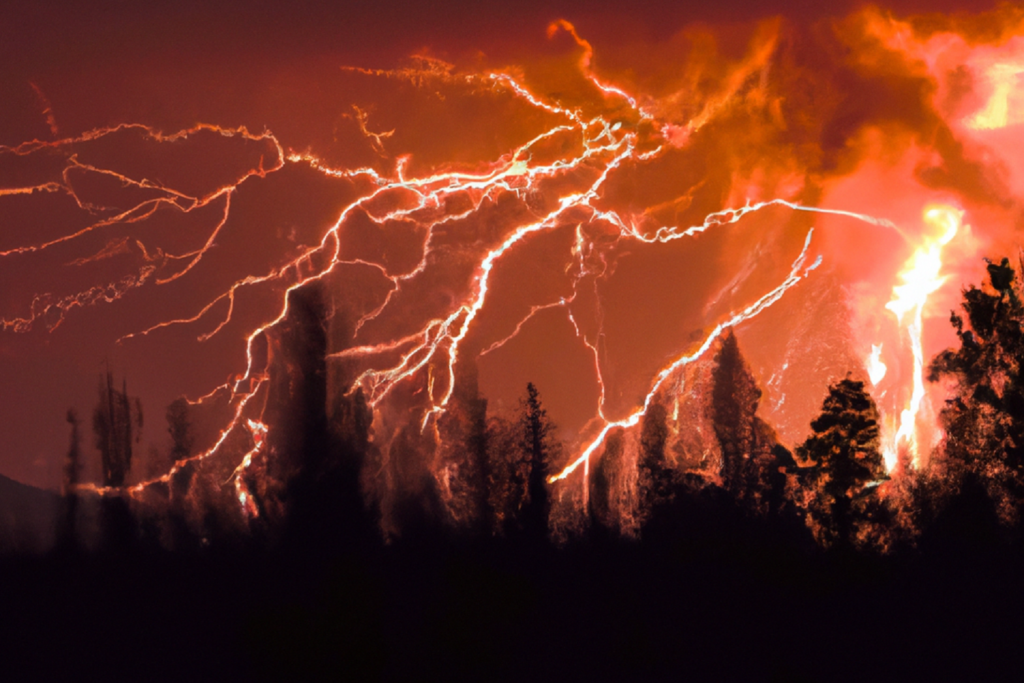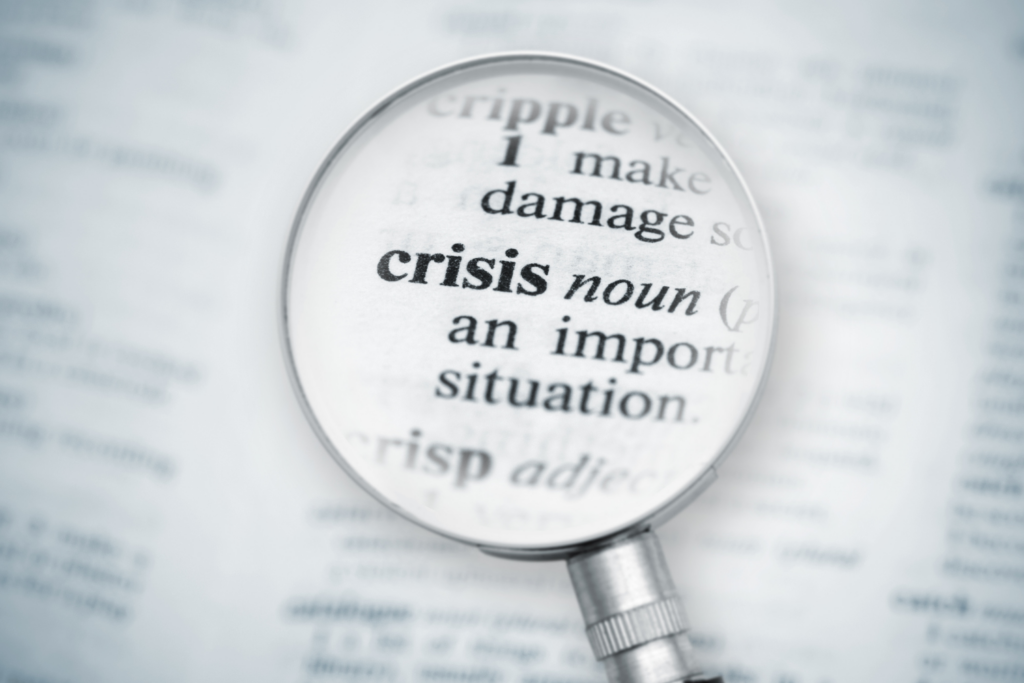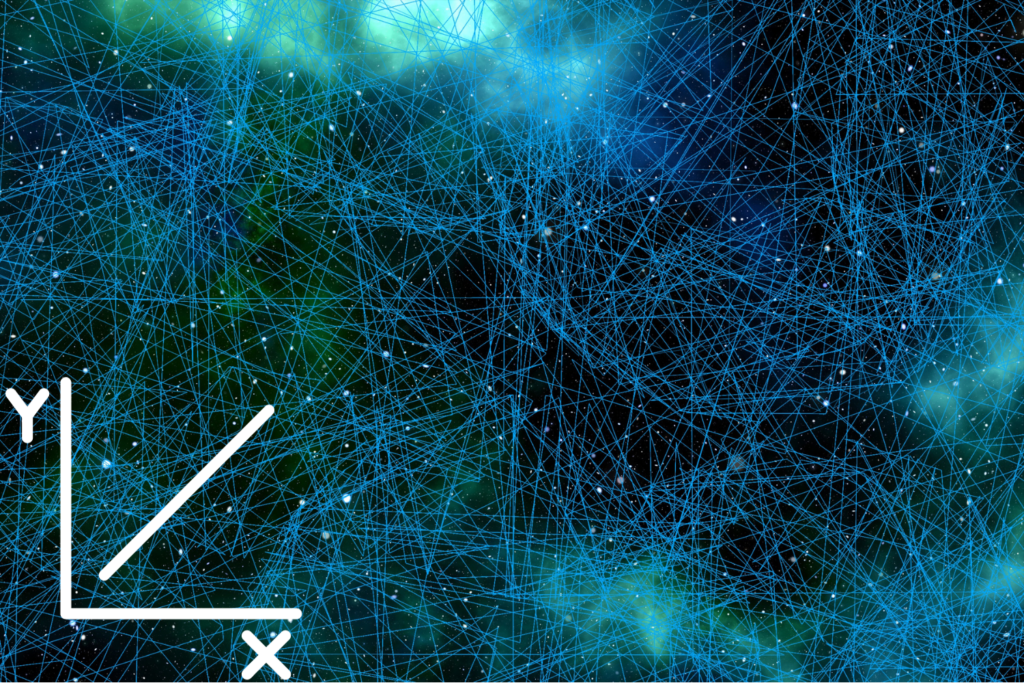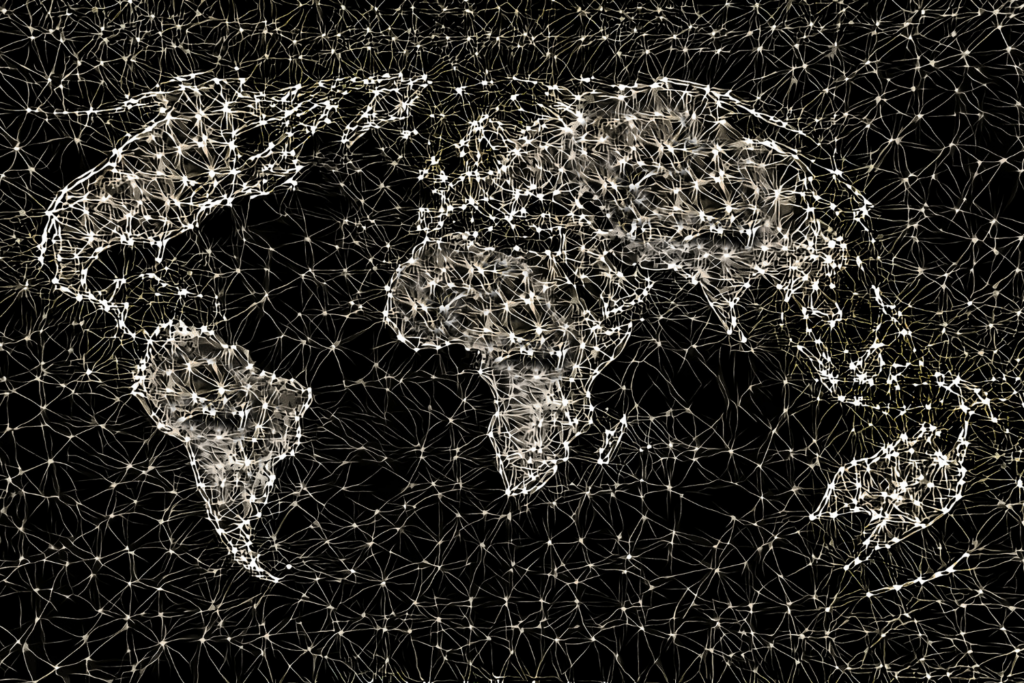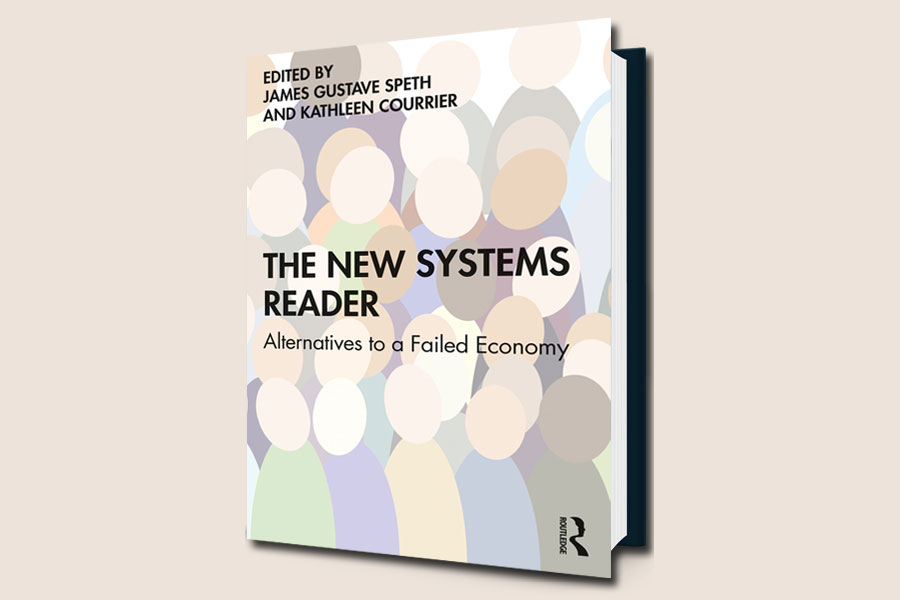Understanding Polycrisis: Definitions, Applications, and Responses
This paper compares conceptualizations of the term “polycrisis,” raising questions about the key aspects of different definitions while stressing a convergence in critical features. It conceives a polycrisis as a state in which multiple, macroregional, ecologically embedded, and inexorably interconnected systems face high – and advancing – risk across socioeconomic, political, and other dimensions. After […]
Understanding Polycrisis: Definitions, Applications, and Responses Read More »


